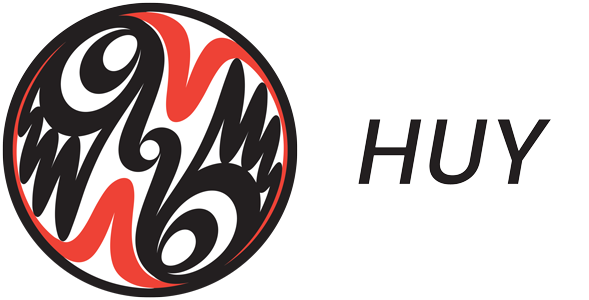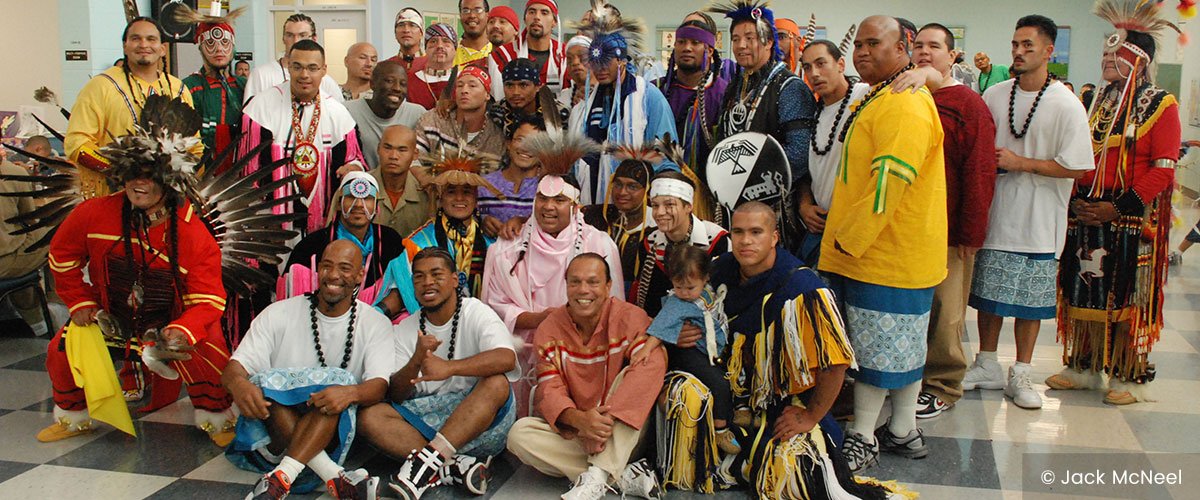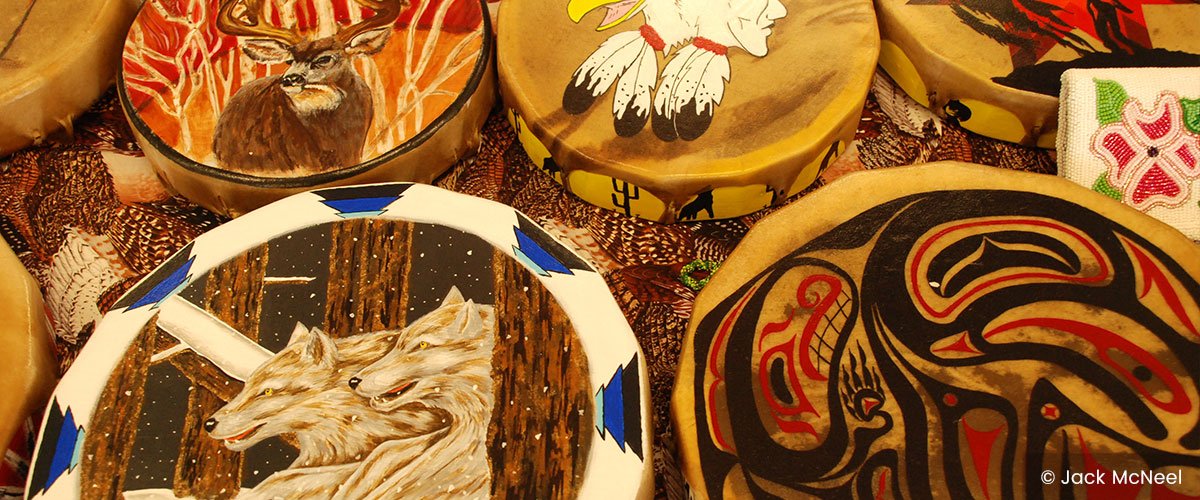News
“[I]t shall be the policy of the United States to protect and preserve for American Indians their inherent right of freedom to believe, express, and exercise the traditional religions of the American Indian, Eskimo, Aleut, and Native Hawaiians, including but not limited to access to sites, use and possession of sacred objects, and the freedom to worship through ceremonials and traditional rites."
UN Adopts Huy’s Indigenous Prisoner Religious Rights Findings
On Tuesday, October 25, 2022, the final report of Dr. Ahmed Shaheed, in his capacity as UN Special Rapporteur on Freedom of Religion or Belief, was presented at the UN General Assembly in New York.
According to Dr. Shaheed, this report on Indigenous peoples and the right to freedom of religion or belief “is the first time that the UN human rights system has comprehensively engaged with this important yet historically overlooked subject.”
He hopes “that it represents the beginning of a conversation on how to better promote and protect this fundamental right of indigenous peoples worldwide.”
In July 2022, Huy submitted a report to Dr. Shaheed addressing Indigenous prisoners’ religious freedoms in the United States of America. In his final report to the UN General Assembly, Dr. Shaheed cited Huy’s submission:
Interlocutors report that indigenous peoples' overrepresentation in criminal justice processes globally frequently affects their ability to exercise spirituality. Banning indigenous spiritual practices in prisons—including sweat-lodge, pipe and drum ceremonies, growing of long hair, and "smudging"—may hinder traditional healing, intergenerational transfer of knowledge, rehabilitation, and "cultural survival" upon release.
Additionally, Dr. Shaheed’s recommendations for states include, first and foremost:
Establish legal and policy frameworks that recognize the right of indigenous peoples to their beliefs and comprehensively promote and protect their rights—drawing on UNDRIP specifically—including freedom of religion or belief. To this end, regularly review and revise such frameworks to tackle discrimination, undue restrictions on spiritual manifestations, and impediments to access and use of their lands.
Huy’s report was prepared by pro bono counsel, Akilah Kinnison, of Hobbs Straus Dean & Walker.



